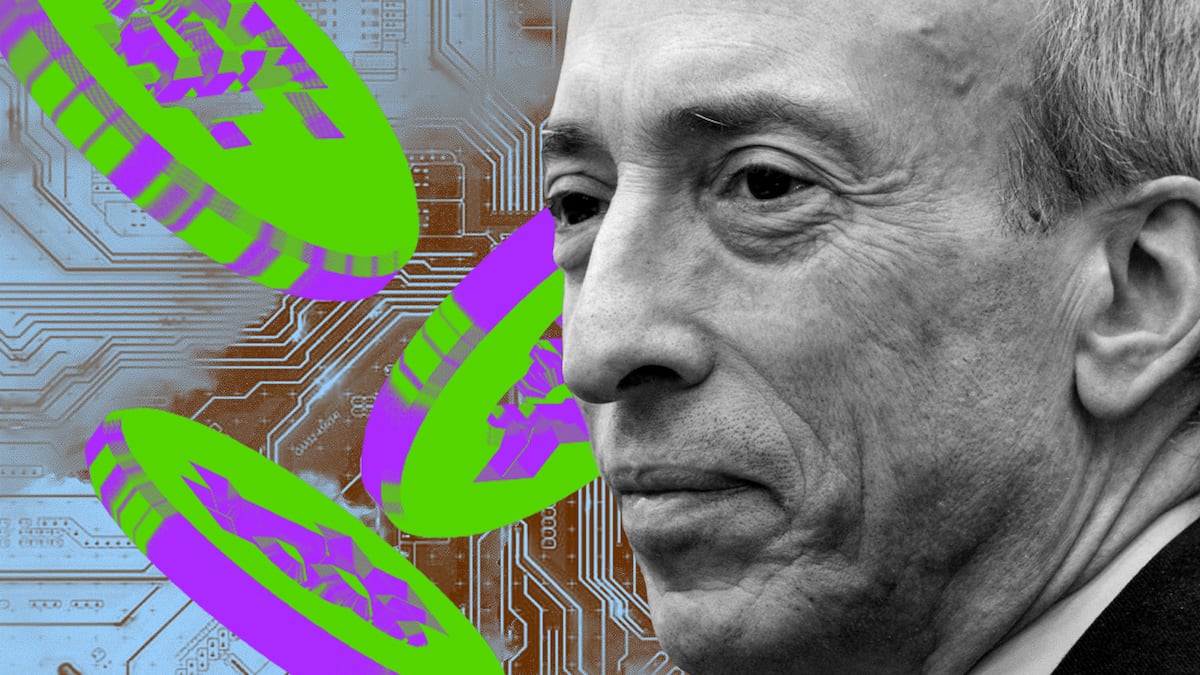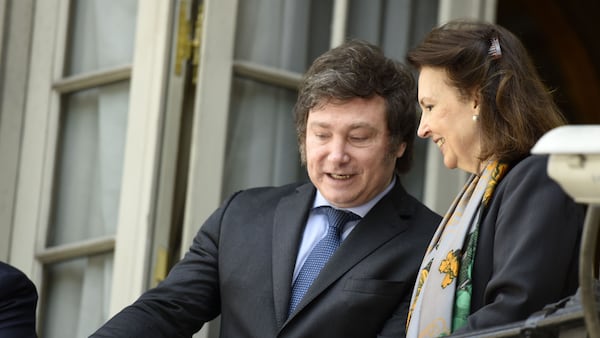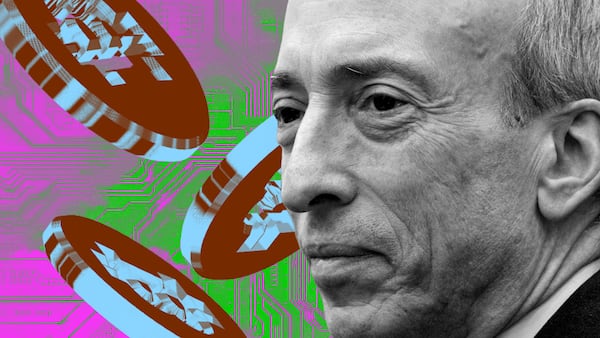- The SEC won in its fight for cash creations for potential Bitcoin ETFs.
- Institutional investors that typically play a large role in the ETF investment cycle are being cut out as the regulator looks to limit who handles Bitcoin.
One of the final hurdles on the way to spot Bitcoin exchange-traded fund approval in the US was cleared last week.
The impact on players in the trading industry will be significant.
Limited exposure
The Securities and Exchange Commission’s requirement for so-called cash creates rather than so-called in-kind means that it has ensured that only issuers — like BlackRock, for example — will handle Bitcoin transactions.
So-called cash creations can be costlier for bigger investors, because the process involves the fund issuer using cash to buy Bitcoin when it creates shares, or sell Bitcoin for cash when there are excess shares.
That can create more transactions, and be less efficient.
This compares with the more common route for ETFs — so-called In-kind redemptions, which don’t involve selling the underlying assets in the fund. Instead authorised participants buy Bitcoin for the issuer and exchange it in return for shares in the ETF.
Less efficient route
Most ETF issuers use this method as it allows for tax efficiency and to minimise capital gains distributions, according to VettaFi, a data and analytics provider for ETFs.
So why did the SEC choose the more expensive, and potentially less efficient route?
Bloomberg Intelligence ETF analyst Eric Balchunas has noted that cash creation and redemptions avoids unregistered broker dealers and market makers handling Bitcoin.
That means that for now, the SEC permitting only issuers to handle Bitcoin avoids awkward questions with unregistered market players keen to get into crypto.
Left out
Left out of Bitcoin ETF trading with the SEC’s new rule: market-makers and systematic trading firms, which usually are able to reap hefty returns by arbitraging, or seizing on price discrepancies. In the $15 trillion global market for ETFs, these opportunities can be massive.
The firms that typically play a role in the ETF life cycle include JPMorgan and Citigroup. Market-makers such as BNP Paribas, Susquehanna, Jane Street, and Nine Mile Financial also play a role, according to BlackRock’s website.
Retail investors that buy shares in an ETF are not the same as authorised participants — who are usually Financial Industry Regulatory Authority registered broker-dealers, as Grayscale pointed out last week.
Retail investors can only buy or sell shares through brokerage accounts on the secondary market via the likes of Charles Schwab. Authorised participants typically act in the primary market and address the creation and redemption of ETF shares.
Cash creates versus in-kind really deals with how these FINRA-regulated institutional investors handle the backend mechanics of ETFs.
Regardless of how the creations and redemptions are handled, Bitcoin ETFs will still do exactly what they’re meant to do — hold Bitcoin.
Crypto market movers
- Bitcoin traded up by 0.5% to around $43,000.
- Ethereum added 2.4% as it traded hands for $2,300.
What we’re reading
- Grayscale board resignations a show of ‘best behaviour’ before Bitcoin ETF nod — DL News
- Three new token projects ride $1bn EigenLayer hype — DL News
- TEL Token Dips 30% Following $1.3M Exploit; Telcoin Commits To Wallet Restoration — Milk Road
- Thunder Terminal States No Wallets Were Compromised After 86.5 ETH Hack; Hacker Claims ‘All Lies’ — Milk Road







